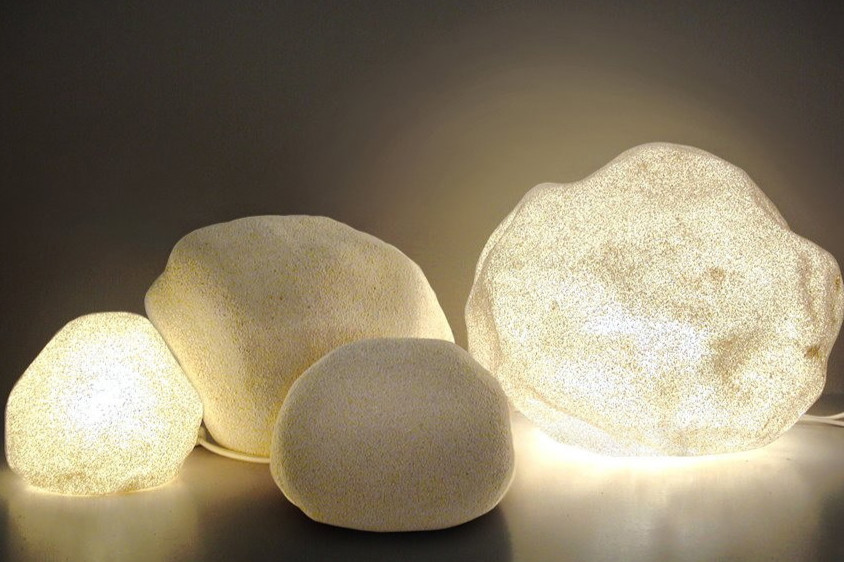Resin generally refers to organic substances that have a range of softening or melting points, exhibit fluidity under external force when softened, and are solid, semi-solid, or pseudo-solid at room temperature, though sometimes they are in liquid form. Resin materials have a range of softening or melting temperatures and tend to flow under external force, often breaking in a shell-like pattern.

There are many types of resins, classified by source into natural resins and synthetic resin materials. Natural resins are amorphous organic substances obtained from the secretions of plants and animals in nature, such as amber and shellac. Synthetic resin materials are resin products obtained through the chemical synthesis of simple organic compounds or chemical reactions of certain natural products, such as phenolic resin and polyvinyl chloride resin. Synthetic resin materials are the main component of plastics.
Phenolic resin is a major class of synthetic resin materials made by the polycondensation of phenolic compounds and aldehyde compounds. Due to its high mechanical strength, good heat resistance, flame retardancy, low toxicity, and low smoke emission, it can be blended with other polymers to achieve high performance and is widely used in civil, industrial, and aerospace fields.
Synthetic resin materials are commonly used to manufacture plastics. To facilitate processing and improve performance, additives are often added, and sometimes they are directly used for molding. Hence, they are often synonymous with plastics. Synthetic resins can be used to manufacture various plastic products such as bottles, pipes, films, and plastic parts.
Synthetic resin materials are also the essential raw materials for manufacturing synthetic coatings and paints, providing surface protection, decoration, and enhancing the properties of materials.
Synthetic resin materials have excellent adhesive properties and can be used to manufacture glue, tape, and other adhesives for bonding different materials.
Synthetic resin materials also have a broad market in the packaging and construction supplies industries. They can be used to manufacture coatings and construction sealants for use in construction and decoration fields.
Electronics, electrical, and automotive sectors are important application areas for synthetic resin materials. Additionally, they are used in furniture, toys, recreational products, household appliances, and medical supplies.
Synthetic resin materials can be used to manufacture synthetic fibers, such as polyester fibers and polyamide fibers, for making textiles, ropes, and synthetic leather.
Synthetic resin materials can be used to manufacture electronic packaging materials, circuit boards, and insulation materials.
Nowadays, synthetic resin materials also play an important role in the field of rail transit. The Chongqing Rail Transit Loop Line's Chaotianmen Yangtze River Bridge has achieved short rail connection, which is a new breakthrough in the application of synthetic resin materials in subway systems. Each sleeper has a unique "identity code," and the production and construction processes of the materials have extremely high requirements.